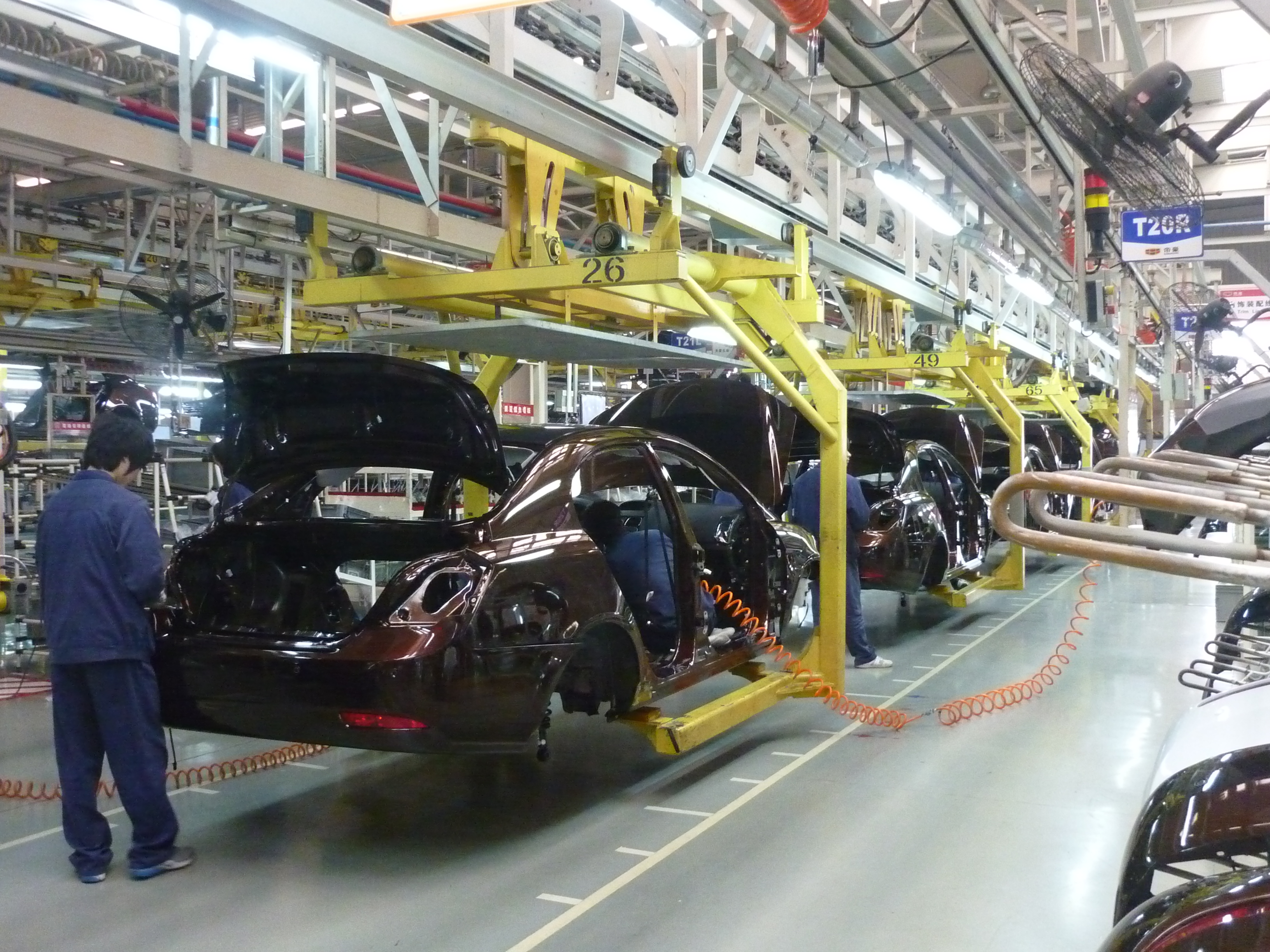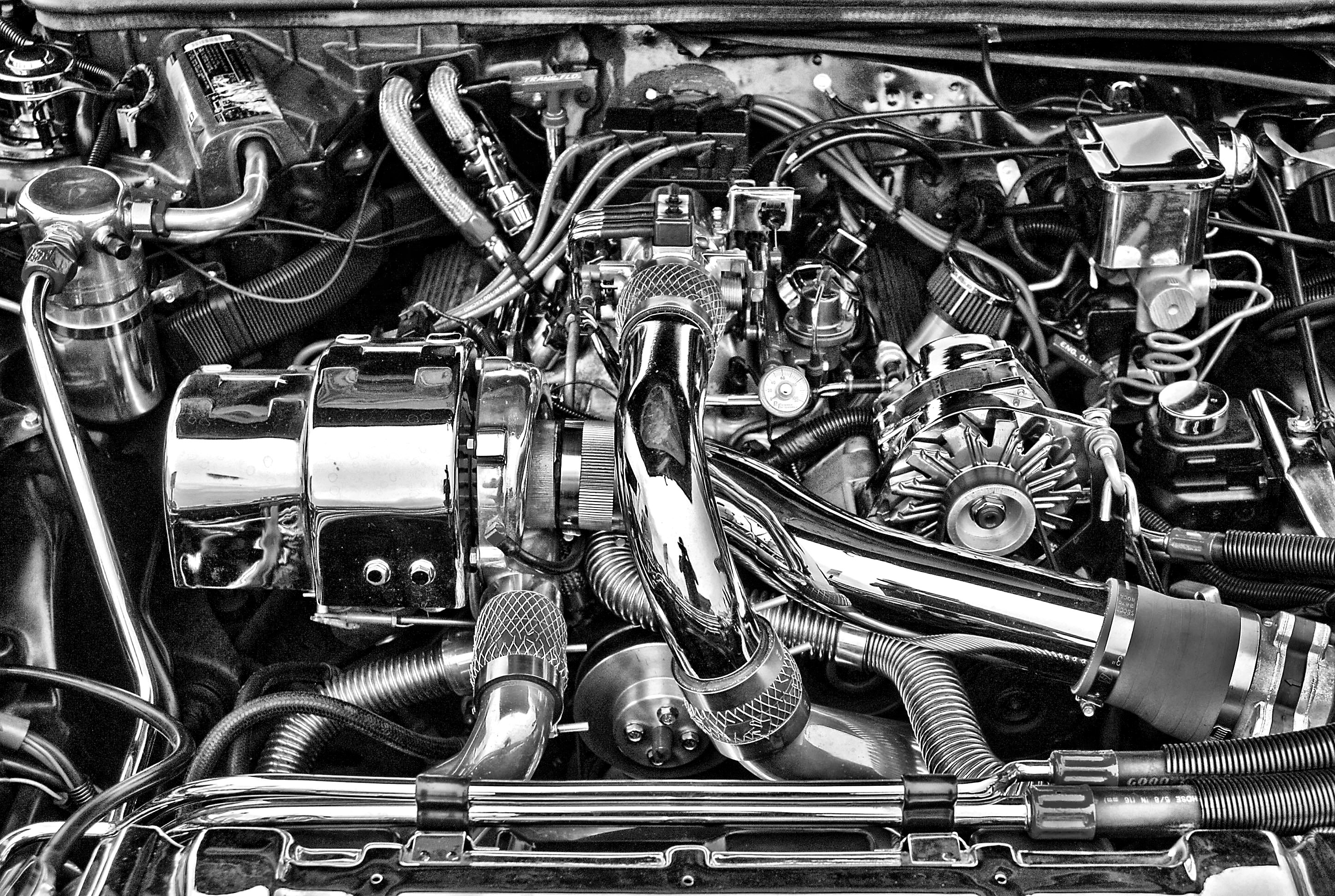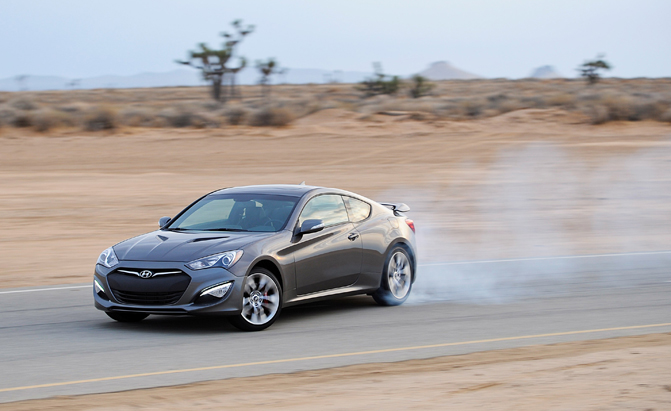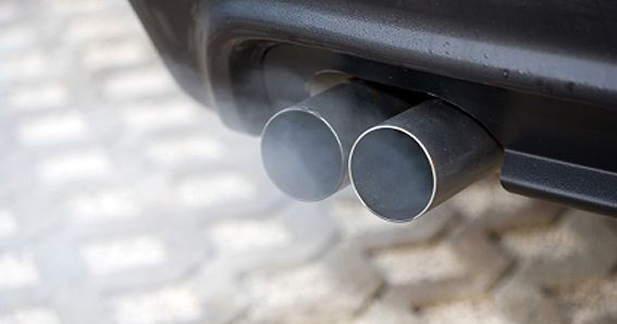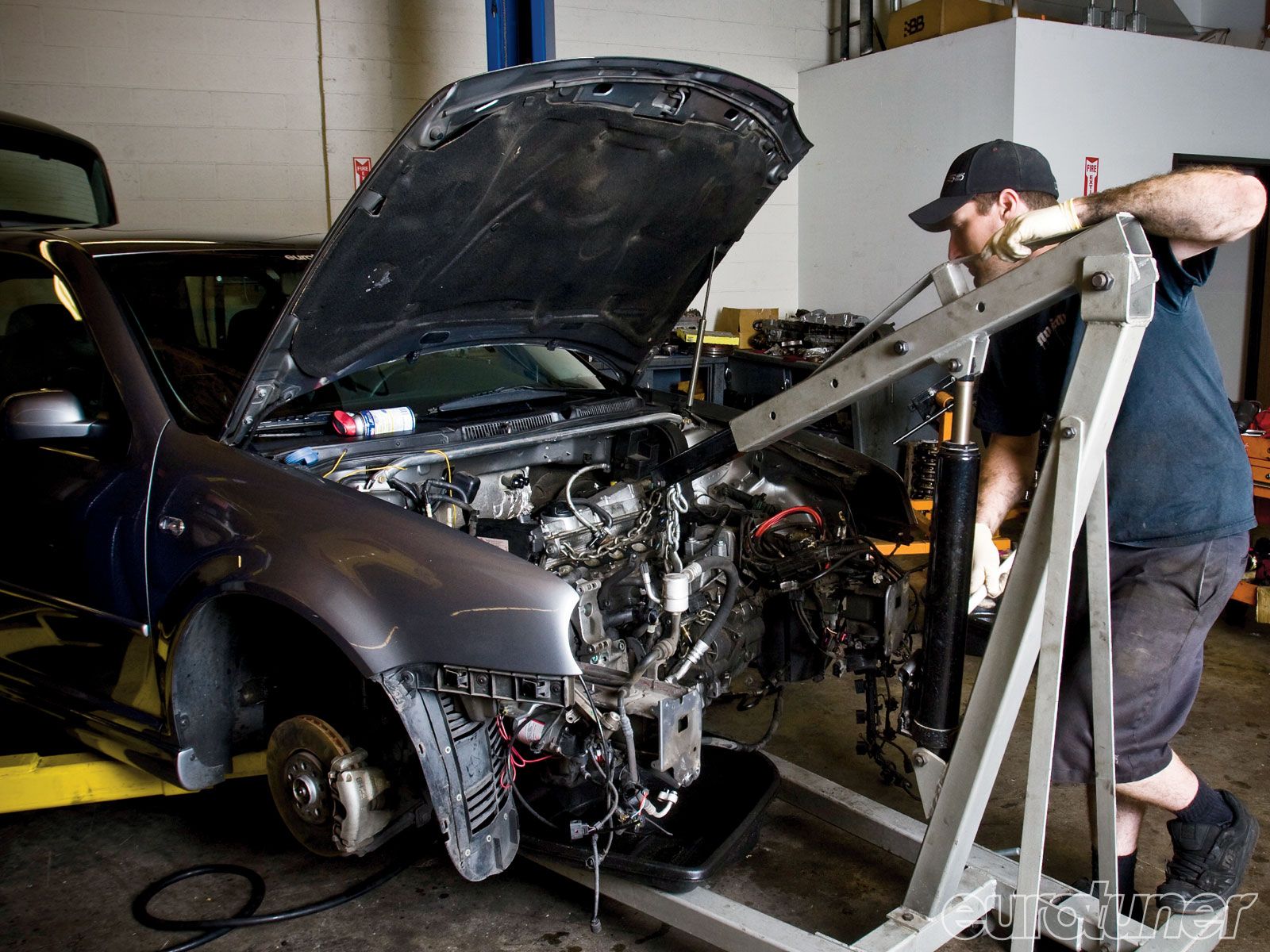Should You Get A Car With A Turbo Engine?
Turbocharged engines are highly popular in modern cars, but is it for you?
Cars today are equipped with all kinds of weird and wonderful technology. Automobile makers invest a lot of time and money into producing efficient and reliable vehicles for the masses.
You may have noticed or heard that turbocharged engines are frequently used to equip the cars today.
What is a turbocharged engine? And how does it function?
Turbocharged engines are formed of two main parts - a turbine and a compressor. Both are linked together, so when one spins, the other spins with it. As fuel in the engine is burnt, exhaust gasses are forced out of the engine at high pressure, down a snail-shaped tube to spin the turbine.
This turbine spins at incredibly high speeds and causes the compressor to spin as well. This sucks significantly more air into the engine, giving it more power.
What's the difference between a regular engine and a turbocharged engine?
According to this Quora thread, regular engines take in air and compress it in lieu with the atmospheric pressure. Regular engines burn an amount of fuel constrained by a car's displacement (engines are usually measured by displacements, for example, 2.6 liters) and RPM (Revolutions per second), in order to achieve a 1:1 burn.
For turbocharged engines, an air compressor is utilised before the intake. They take in air at higher atmospheric pressures, meaning that they can burn more fuel and produce more power than a regular engine with the same displacement.
The latter is much more powerful and lighter, but it takes in more fuel.
So should your next car be turbocharged, or should you stay away from the rapidly expanding technology?
First, let's take a look at the advantages of owning a turbocharged car! For one, using a turbocharger gives you more power output due to its intake of air.
An engine fitted with a turbocharger is much smaller and lighter than an engine producing the same power without a turbocharger. You could have a small turbocharged engine installed in a car and it would still perform better than a vehicle with a regular albeit much bigger engine.
Turbocharged engines are also environmentally friendly as well due to lower emission
Turbochargers supply more air mass into the engine which makes combustion easier and emission lower. Today, the turbocharged engines in comparison with naturally aspirated engines have CO2 and NOx emissions about 50% lower.
Because of reduced overall size, the sound-radiating outer surface of a turbocharged engine is smaller. Therefore, it is less noisy than a normal with identical output. The turbocharger itself acts as an additional silencer.
However, for all the demonic quickness and mind-rattling torque they offer, turbocharged engines definitely have some drawbacks as well
An immediate disadvantage to a turbocharged engine is the money and time that goes into it.
If you're planning to upgrade your existing car's regular engine, you're gonna fork out a large sum to have everything sort out because it will require major rebuilding under the hood to function properly. Overhauling the engine doesn't guarantee your car will not encounter any setbacks either.
Cars that come equipped with turbocharged engines require more extensive maintenance, such as more frequent oil and spark plug changes, than regular engines
The turbine of a turbocharged engine is directly in contact with the exhaust gases and the intense heat will stress the oil. It means that a car with a turbocharged engine will definitely need more oil changes than an ordinary family car.
Turbocharged engines require quite a bit of warming up and usage to perform better
Turbocharged engines have low tolerance to short driving trips that don’t allow the parts to warm up to operating temperature. They require regular extended use, ideally highway use, in order to maintain proper performance and reliability.
Now that you've weighed the pros and cons of owning turbocharge automobile, let's go back to the million dollar question - should you purchase a turbocharged car?
Buying a car or upgrading your engine is a huge investment and you should take into considerations that come into play including cost, time, lifestyle, and necessity.
If you have the budget for it, you should definitely consider getting a turbocharged engine for a smoother and more powerful ride. Turbocharged engines are usually smaller as well, so if you're looking for a smaller car like a hunchback, it's perfect. Let's not forget you'll be going easy on the environment as well!
But if you're not down with spending extra, opting for a turbocharged car might not be a wise idea. It comes with a costly long-term commitment - servicing and maintenance will not be cheap. Fuel consumption is also another factor, turbochargers get very hot and often tap into the engine’s oil supply.
Whether if you ride in a turbocharged car or an automobile with a regular engine, always drive safe and stay vigilant on the road! :D
